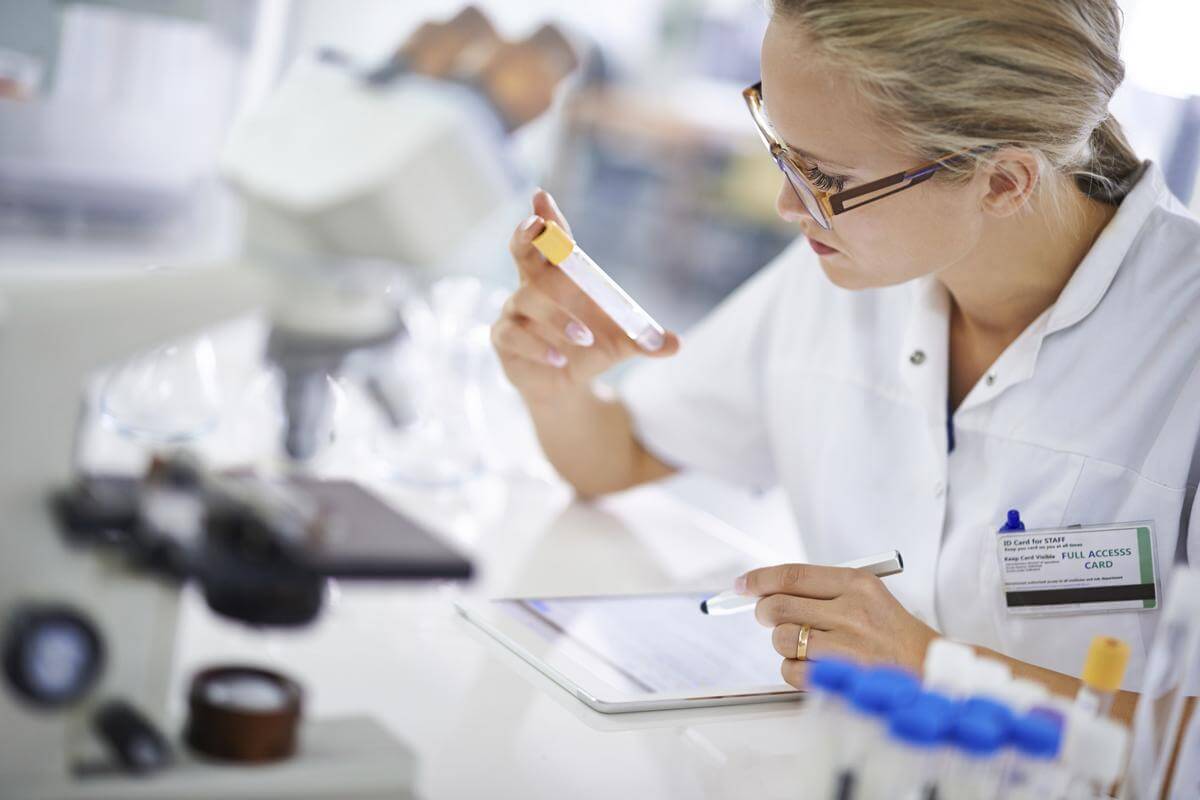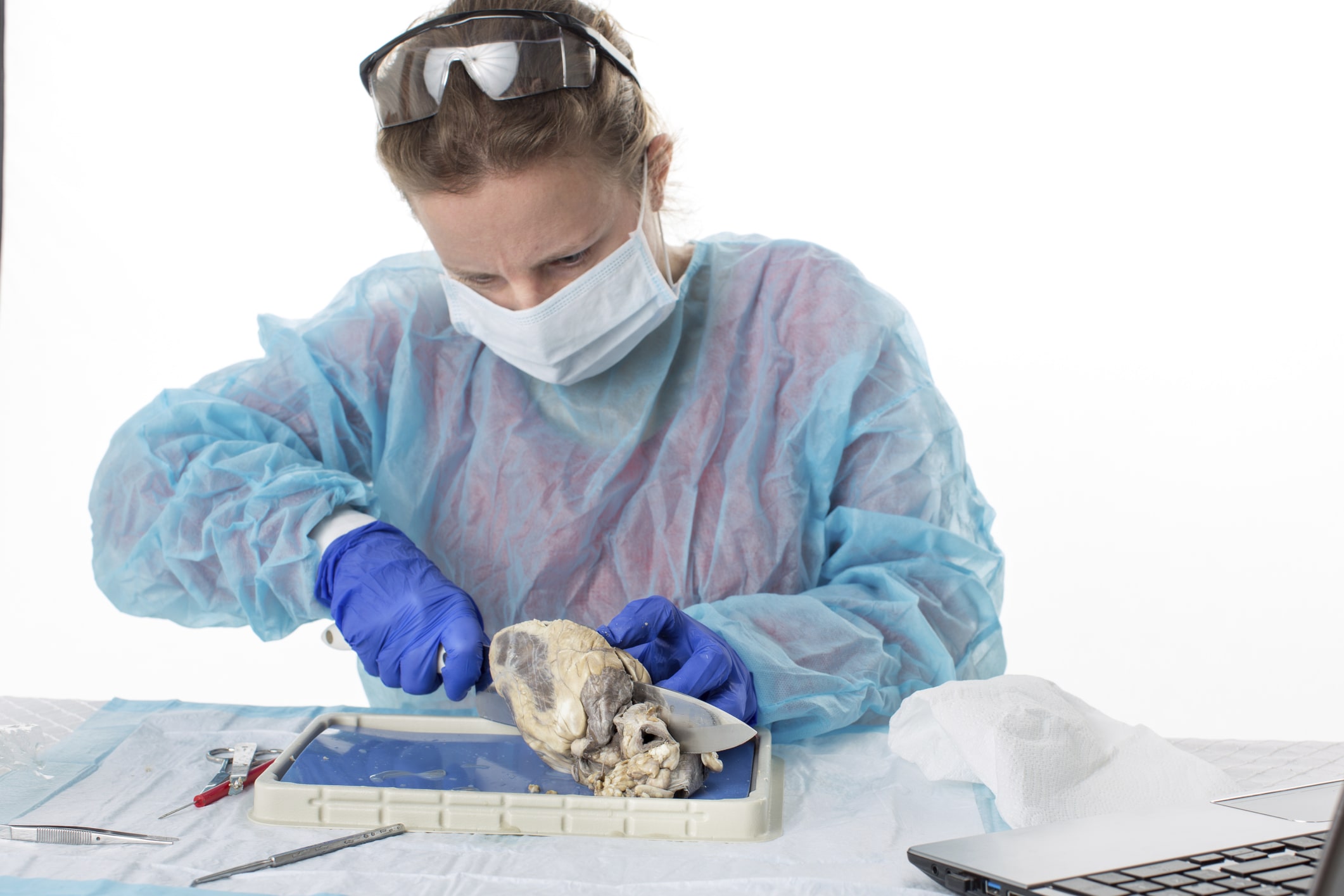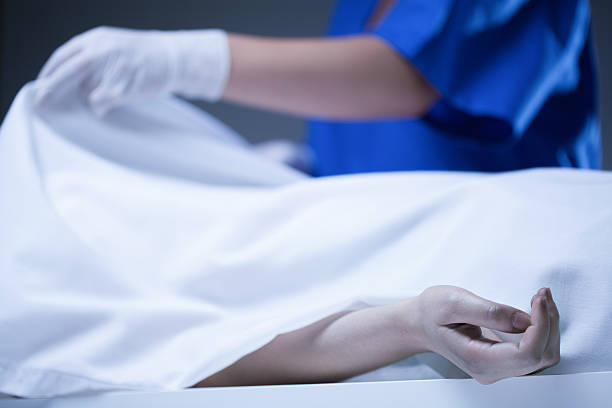You may be wondering who or what jobs are qualified to perform an autopsy. Maybe a doctor? Somebody with a wide background of general science course in Ireland including biology and chemistry? Not exactly. Instead, there are four professions that are suited to the task.
An autopsy is a medical surface and inner examination of a dead body to find out its cause of death. An autopsy is necessary if the cause of death is unknown, suspicious, or criminal, as well as finding evidence, for medical research purposes, as a study or under the request of families and friends.
Not every autopsy is necessary or allowed. If the cause of death is otherwise known, such as a natural heart attack, then the autopsy is not needed. This also applies to some families or friends who do not consent to an autopsy of their dead loved ones.
Pathologist
/152829865-1-56a46dde5f9b58b7d0d6f36c.jpg)
A pathologist is a doctor specializing in a field known as pathology. Pathology is the study of diseases and their causes, effects and natures. Collaborating with other medical professionals, their work involves studying samples taken from the body such as fluids and tissues to observe the presence, cause and severity of a disease. They also monitor its progress and its effect upon treatment.
In an autopsy, apart from collecting samples for tests, the pathologist also analyzes results to determine the cause of death or answer additional medical questions. They share their findings with resident physicians and give them advice on improving the treatment of diseases.
The pathologist records and publishes their data and analysis in medical journals.
Medical Examiner

A medical examiner, also known as a physician, is in charge of determining the cause of deaths through investigations and examinations of a dead body, as well as toxicology tests and other procedures.
A medical examiner uses his medical expertise to analyze the medical history and autopsy of the dead. They are also not required to be pathologists or a specialist in death investigation and may practice any branch of medicine.
The medical examiner also provides relevant information to the police to aid in cases and in court, an expert witness during criminal trials.
Coroner
A coroner is a professional that investigates and reports a dead body that didn’t die from natural causes such as a violent assault or suicide. Coroners are usually pathologists with years of experience, although some do not require a medical degree at all. Whether they work independently or with a medical examiner, they typically work for the local government and are hired or appointed to their official position.
Besides identifying bodies, and informing its next of kin, the coroner also works with the police in transporting bodies, collecting evidence in crime scenes, obtaining witness statements, writing and issuing death certificates.
Autopsy Technician

An autopsy technician works alongside pathologies, medical examiners and coroners. Aside from assisting their supervisors in performing autopsies, they also take notes of the autopsy process, photograph a body and prepare it for a mortician. They assist in performing tests to further determine the cause of death or be submitted as criminal evidence.
Subjects that are requirements of an autopsy technician are biology, anatomy, forensic science, mortuary science or other related fields.
